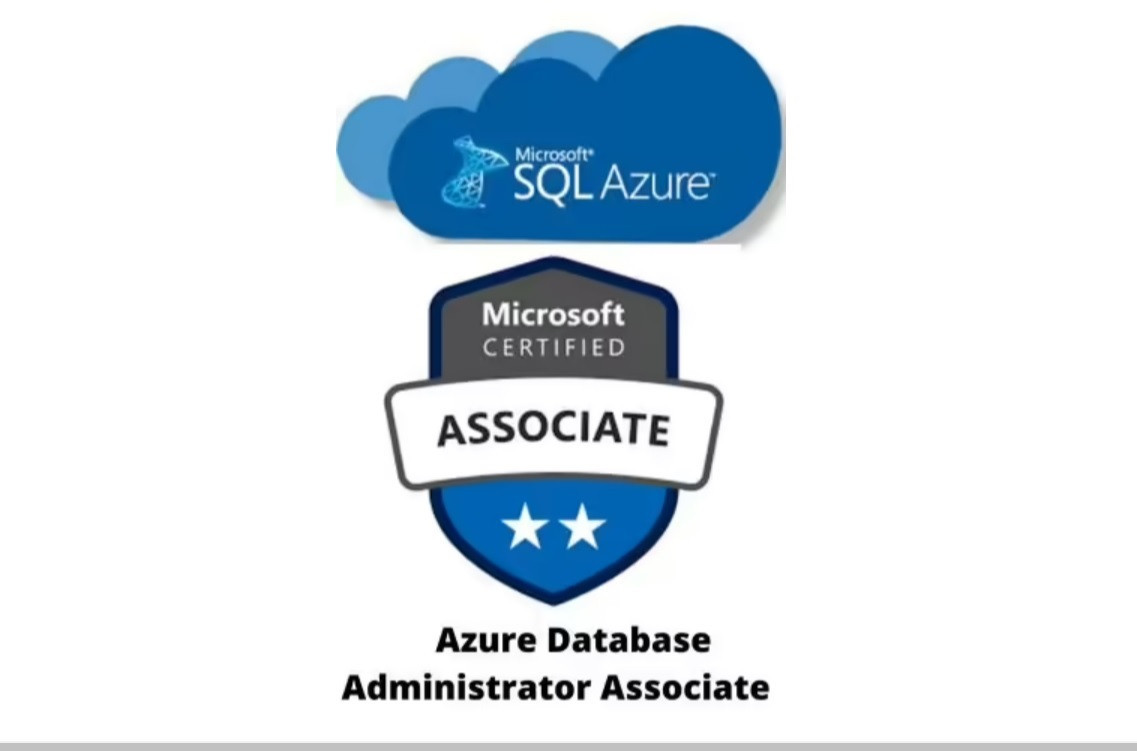
Azure SQL Database Trending
Structured Query Language is a domain-specific language used in programming and designed for managing data held in a relational database management system (RDBMS), or for stream processing in a relational data stream management system (RDSMS). It is particularly useful in handling structured data, that is, data incorporating relations among entities and variables.
Course Overview
Our Azure SQL online training course is focused on training developers to master the descriptive language used for relational databases. Significant areas to be featured in this training are relational databases, queries, sub queries, joins, and unions and installing SQL server, implementing programmability objects, amongst others.
What will you learn in this SQL course?
SQL architecture, client/server relation, and database types.
Deploying several functions, operators, etc. for designing relational databases.
Modifying data using T-SQL, views, and stored procedures.
The concept of triggers and their creation.
Using records for searching, sorting, indexing, and grouping.
Database administrators, types, and SQL Server tools and services.
Backup and restoration of databases.
Optimizing database objects, managing database concurrency, and ensuring data integrity.
Who should take up this SQL course?
Software Developers and IT Professionals.
SQL and Database Administrators.
Project Managers.
Business Analysts and Managers.
Business Intelligence Professionals.
Those aspiring for a career in SQL development.
Prerequisites for this course
There are no specific prerequisites for enrolling in this SQL course. A basic knowledge of relational DBMS can help you know all about SQL.
Why should you take up this SQL course?
Most companies estimate that they are analyzing a mere 12% of the data they have – Forrester Research. Worldwide Business Intelligence and analytics market to grow US$22.8 billion in 2 years – Gartner. A SQL Developer in the United States can earn US$92,000 per year – Indeed.
SQL stands as one of the most significant programming languages for working on huge databases. This creates a great demand for SQL developers and experts who can construe all that Big Data and convert them into business visions.

